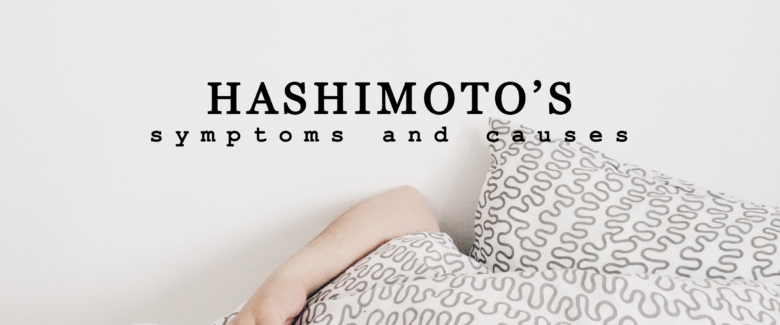Iodine deficiency is the most common cause of hypothyroidism (low functioning thyroid) in the world. The autoimmune disease, Hashimoto’s Thyroiditis is the most common cause of hypothyroidism in the United States. Knowing this, don’t you agree that we should test for it? Wouldn’t you want to know if your symptoms of being tired, cold, and unable to lose weight are not just symptoms you are imagining? Nothing infuriates me more than a patient coming in with these symptoms having never been tested for this extremely common autoimmune disease. More so because there are steps to take to resolve these symptoms.
There is a protein called thyroglobulin and an enzyme called thyroid peroxidase that are needed to manufacture thyroid hormones in the thyroid gland. When the immune system gets triggered and confuses these components with something foreign to the body it will create antibodies. Thyroglobulin antibodies (TG ab) and Thyroid peroxidase antibodies (TPO ab) are like flags on the head of these fellows that signals other parts of the immune system to destroy and remove them.
Hashimoto Triggers
- Leaky Gut
- Food Sensitivities (especially gluten, grains, and dairy)
- Lectins
- Microbes (bacteria, viruses, and parasites)
- Heavy Metals (aluminum, mercury, arsenic..)
- Hormonal Imbalance
- Toxins
Tests to Identify Hashimoto’s Thyroiditis
- TPO ab
- TG ab
The last thing I want to cover on this testing is the reference range. The standard normal reference range is less than 35 for both TG and TPO antibodies. It has been established that Hashimoto’s can occur at levels as low as 2. So if you have a TG ab or TPO ab level of >2 tune into our next blog post to learn what you can do to decrease this immune system attack.


